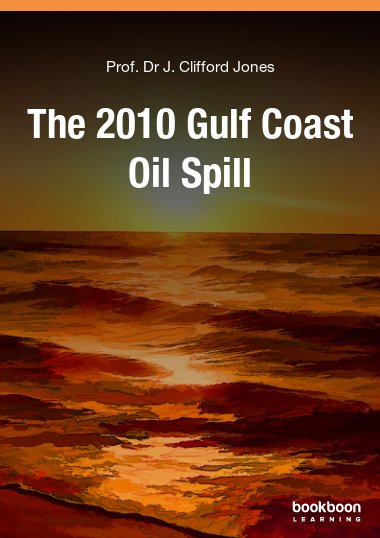The 2010 Deepwater Horizon oil spill in the Gulf of Mexico will have a place in history as one of the major environmental disasters of the early 21st Century. Although scholars and experts will continue to examine the event and its consequences far into the future, Dr. J.C. Jones, a senior lecturer in the Department of Engineering at the University of Aberdeen and a frequently consulted expert during the crisis itself, has prepared a preliminary digital monograph on the 2010 BP oil spill. This e-book provides the lay-reader with an impartial overview of the circumstances leading to the crisis as well as an early analysis of the gulf coast oil spill events. It is available as a free download here.
The text begins with a consideration of the oil leak site, the BP-operated Macondo Prospect off the Louisiana Coast in the Gulf of Mexico. It continues with explanations and analyses of a wide variety of additional topics: the workings of a semisubmersible oil rig such as the Deepwater Horizon, BP’s previous oil exploration and oil production in the Gulf of Mexico, standard drilling operation and cementing procedure, circumstances suspected of leading to the spill, the gas leak and explosion, events on the day of the explosion, crude oil release, and the measures taken to respond to the oil spill.
Each chapter of The 2010 Gulf Coast Oil Spill includes simple explanations of scientific concepts and industry terms, making the subject matter accessible to any reader. Citations for reference and further reading are included at the end of each chapter.
Download the free 2010 Gulf Coast Oil Spill e-book here.

